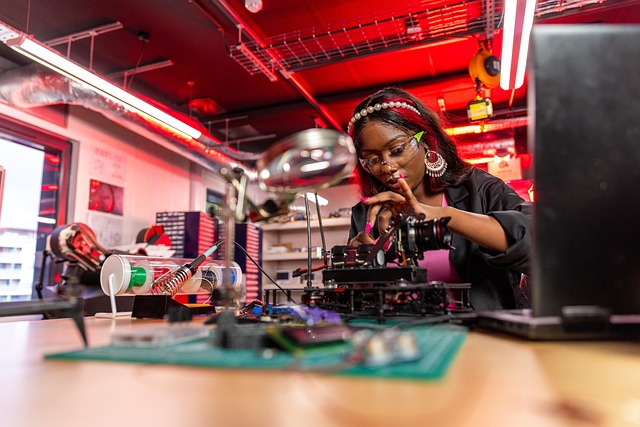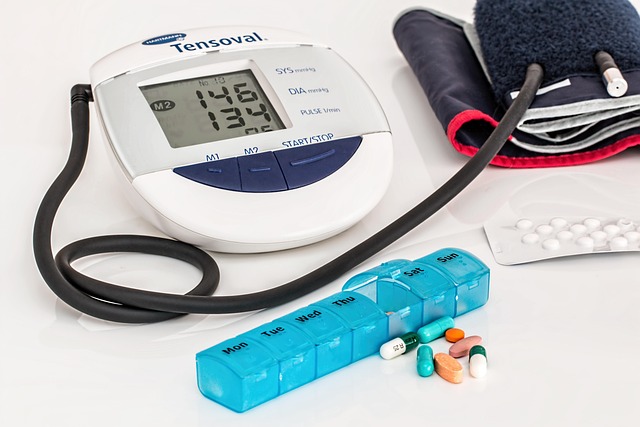The advent of technology has continually pushed the boundaries of what is possible, especially in the realm of healthcare. Among the most transformative advancements is the concept of the robotized lab. These highly automated environments are not only enhancing efficiency but are also revolutionizing the way we approach diagnostic processes and medical research.
Imagine a world where technicians are supported by sophisticated robots, allowing for intricate scientific analyses to be completed in a fraction of the time it traditionally takes. With robotic arms performing tasks such as pipetting and mixing, errors usually associated with human handling are significantly reduced. The increased precision contributes to more accurate results, particularly in areas like genomic testing and drug discovery, where accuracy is paramount.
The potential for health innovations through robotized labs is profound. By integrating artificial intelligence into lab processes, researchers can analyze vast amounts of data with incredible speed and effectiveness. This immediate access to data allows for quicker experimentation, accelerated research timelines, and ultimately, faster delivery of life-saving treatments. The synergy between robotics and healthcare is setting the stage for innovations that can lead to breakthroughs in disease treatment and prevention.
Moreover, robotized labs are continually evolving, integrating features such as cloud computing for remote accessibility and machine learning algorithms that adapt and improve over time. This ensures that labs are not only more efficient today but are prepared to meet the challenges of future health demands. For instance, during health crises like the COVID-19 pandemic, these robotic systems enabled labs to operate around the clock, analyzing samples and aiding in diagnosis at unprecedented levels, thus providing timely responses to urgent health threats.
In addition, the increased automation in lab environments allows for the reallocation of human resources toward more complex tasks that require critical thinking and empathy—qualities that machines cannot replicate. By allowing robots to handle repetitive and mundane duties, healthcare professionals can focus on what truly matters: patient care. This shift not only improves job satisfaction among staff members but also enhances the overall quality of care received by patients.
As we look ahead, the growth of robotized labs signifies a promising future in the field of healthcare. With an ongoing emphasis on accuracy, speed, and patient-centered care, innovations in robotics are swiftly becoming integral to medical practices globally. Whether it’s in performing routine analyses or in significant research endeavors, the role of a robotized lab cannot be understated. The journey has just begun, and as technologies advance, so will the possibilities that lie in wait.




